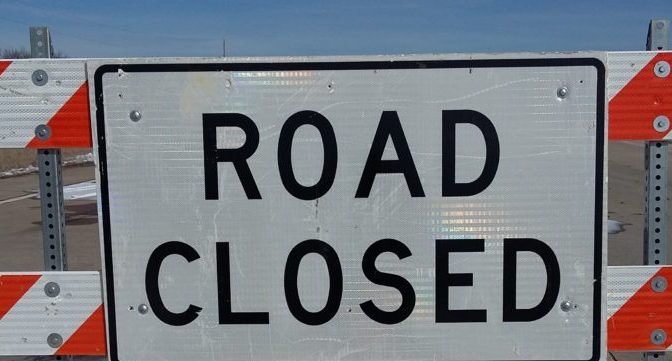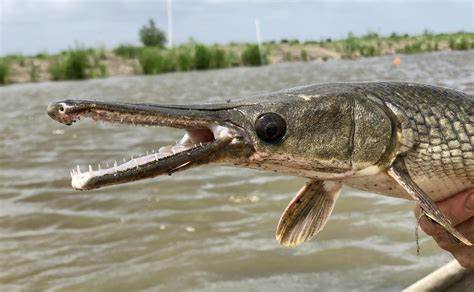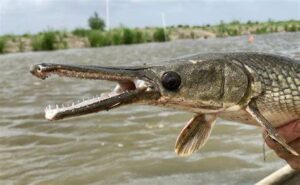Medicare Open Enrollment Is Underway;
Free Counseling Available from KDADS SHICK Program
TOPEKA – More than 553,000 Kansas residents receive health coverage through Medicare, and the time to review their benefits is here. The open enrollment period for Medicare coverage in 2022 began October 15, 2021 and runs through December 7, 2021.
“Older adults can use this 7-week period to sign up for Medicare for the first time, and current Medicare beneficiaries can make changes to several aspects of their coverage as well,” said Kansas Department for Aging and Disability Services (KDADS) Secretary Laura Howard. “If you’re already enrolled, this is an opportunity to review your options for coverage and make adjustments if necessary, so it better meets your needs.”
By shopping available plans and comparing costs, beneficiaries may be able to find a Medicare health or drug plan with better coverage or a lower premium in 2022. The Medicare Plan Finder allows users to compare pricing between Original Medicare, Medicare prescription drug plans, Medicare Advantage plans, and Medicare Supplement Insurance (Medigap) policies.
During open enrollment, those currently enrolled may:
- Switch from original Medicare to Medicare Advantage, or vice versa
- Switch from one Medicare Advantage plan to another or from one Medicare Part D prescription drug plan to another
- If you didn’t enroll in a Medicare Part D plan when you were first eligible, you can do so during open enrollment, although a late enrollment penalty may apply
If you want to enroll in a Medicare Advantage plan, you must meet some basic criteria:
- You must be enrolled in Medicare Part A and B
- You must live in the plan’s service area
If you’re already enrolled in a Medicare Part D prescription plan or a Medicare Advantage Plan and you don’t want to make changes to your coverage for 2022, you don’t need to do anything during open enrollment, assuming your current plan will still be available in 2022. If your plan is being discontinued and isn’t eligible for renewal, you will receive a non-renewal notice from your carrier prior to open enrollment. If you don’t, it means you can keep your plan without doing anything during open enrollment.
Be aware that benefits and premiums could be changing for 2022. So even if you’re confident you want to keep your current coverage for the coming year, it’s important to understand any changes that may apply and check to make sure your current plan is still the best available option. The available plans and what they cover change from one year to the next, so even if the plan you have now was the best option when you shopped last year, it’s important to verify that again before you lock yourself in for another year.
Each year, there’s a Medicare Advantage Open Enrollment Period from January 1 – March 31. During this time, if you’re in a Medicare Advantage Plan and want to change your health plan, you can switch to a different Medicare Advantage Plan with or without drug coverage or go back to Original Medicare and, if needed, also join a Medicare Prescription Drug Plan.
Changes to be aware of for 2022 include:
- Medicare Advantage plans are available in 2022: 88 compared to 79 plans in 2021.
- 100 percent of people with Medicare have access to a Medicare Advantage plan.
- The average monthly Medicare Advantage premium changed from $9.53 in 2021 to $7.79 in 2022. This represents a -18.19 percent change in average premium.
- 29 Medicare prescription drug plans are available with premiums varying from $6.60 to $101.40.
- 100 percent of people with a stand-alone Medicare prescription drug plan have access to a plan with a lower premium than what they paid in 2021.
- Eight stand-alone Medicare prescription drug plans and 29 Medicare Advantage plans with prescription drug coverage will offer lower out-of-pocket insulin costs through the Part D Senior Savings Model.
- Through the CMS Innovation Center’s Value-Based Insurance Design (VBID) Model, 16 plans will offer Medicare Advantage enrollees eliminated Part D cost-sharing; rewards and incentives programs related to healthy behaviors; and customized, innovative benefits that address social determinants of health, such as food insecurity and social isolation, for certain underserved and/or chronically ill enrollees.
State-by-State Fact Sheets are available at https://www.cms.gov/files/document/92921-state-state-fact-sheets-2022-medicare-advantage-and-part-d-landscape-final.pdf (Kansas’ Fact Sheet pgs. 49-51).
For more information on these changes and other Medicare-related issues, please contact KDADS’ Senior Health Insurance Counseling for Kansas (SHICK), a free program that offers Kansans an opportunity to talk with trained community volunteers and get answers to questions about Medicare and other insurance issues. SHICK has counselors throughout the state that can assist people, so they stay informed on changing conditions in health care insurance. Call 800-860-5260 for this free counseling service.
SHICK counselors receive training on Medicare, Medicare Supplement Insurance, Long-Term Care and other health insurance subjects that concern older Kansans. The counselors do not work for any insurance company, their goal is to educate and assist the public to make informed decisions on what’s best for each individual situation.





